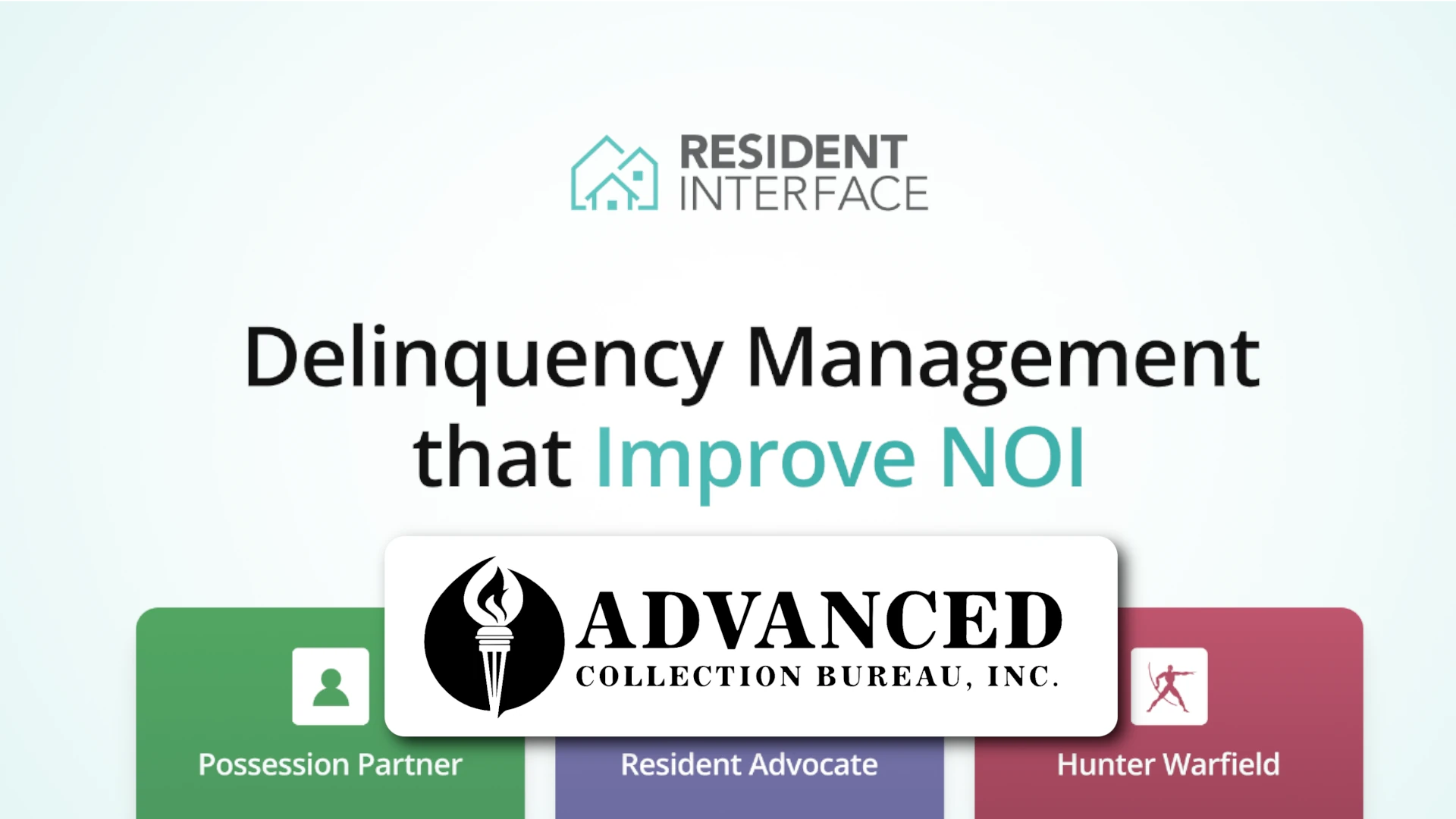In the complex landscape of debt collection, particularly within the context of property management, protecting tenant privacy is paramount. The Health Insurance Portability and Accountability Act (HIPAA) plays a crucial role in safeguarding sensitive health information, even in scenarios where such information intersects with debt recovery efforts. At Advanced Collection Bureau (ACB), we recognize the critical importance of maintaining HIPAA compliance while effectively managing debt collection processes. This article aims to shed light on the requirements for protecting tenant health information during debt recovery and offer best practices for property managers and collection agencies.
Understanding HIPAA in the Context of Debt Collection
HIPAA, enacted in 1996, sets national standards for the protection of sensitive patient health information. While primarily focused on healthcare providers and insurers, its implications extend to any entity that may come into contact with protected health information (PHI), including property managers and debt collectors.
Key aspects of HIPAA relevant to debt collection include:
Protected Health Information (PHI) Any individually identifiable health information, including demographic data, medical histories, test results, insurance information, and other data that can be used to identify an individual.
Privacy Rule Establishes national standards for the protection of individuals' medical records and other personal health information.
Security Rule Sets standards for protecting electronic PHI.
When HIPAA Intersects with Debt Collection
In property management, HIPAA considerations may arise in several scenarios:
Medical-Related Rent Delays When a tenant cites health issues as a reason for late rent payments.
Documentation of Disabilities In cases where tenants request accommodations due to health conditions.
Medical Debt Collection If the property is associated with healthcare facilities or senior living communities.
Best Practices for HIPAA Compliance in Debt Collection
To ensure HIPAA compliance while effectively managing debt recovery, consider the following practices:
Limit PHI Access Restrict access to health information to only those employees who absolutely need it for debt collection purposes.
Secure Communication Channels Use encrypted email and secure portals for any communication involving PHI.
Training and Awareness Provide comprehensive HIPAA training to all staff involved in debt collection or tenant communication.
Consent Management Obtain proper consent from tenants before discussing or using any health-related information in the debt recovery process.
Data Encryption Implement robust encryption measures for all electronic storage and transmission of PHI.
Technology Solutions for HIPAA Compliance
At ACB, we leverage advanced technology to enhance HIPAA compliance in debt collection:
Secure Data Management Systems Utilize HIPAA-compliant software for storing and managing any PHI-related data.
Access Control and Monitoring Implement systems that track and log all access to PHI, ensuring accountability and enabling audits.
Automated Redaction Tools Use AI-powered tools to automatically redact PHI from documents when it's not relevant to the debt collection process.
Handling Consumer Communications
When communicating with consumers about debts that may involve health information:
Verify Identity Implement strict identity verification procedures before discussing any PHI-related matters.
Minimize PHI Disclosure Only discuss the minimum necessary health information required for debt collection purposes.
Provide Privacy Notices Ensure consumers are aware of their rights under HIPAA regarding their health information.
Documentation and Record-Keeping
Proper documentation is crucial for both HIPAA compliance and effective debt collection:
Maintain Detailed Records Keep comprehensive records of all PHI-related communications and actions taken during the debt recovery process.
Regular Audits Conduct periodic audits of PHI handling practices to ensure ongoing compliance.
Incident Response Plan Develop and maintain a clear plan for responding to any potential PHI breaches or HIPAA violations.
The Future of HIPAA and Debt Collection
As technology and privacy regulations evolve, we anticipate several trends:
- Increased integration of AI and machine learning for more sophisticated PHI protection
- Greater emphasis on interoperability and secure data sharing between collection agencies and healthcare providers
- Potential updates to HIPAA to address emerging technologies and changing privacy concerns
Conclusion
Navigating the intersection of HIPAA and debt collection requires a delicate balance of effective recovery practices and stringent privacy protection. By implementing robust HIPAA compliance measures, property managers and collection agencies can ensure they're respecting tenant privacy while still effectively managing their financial obligations.
At ACB, we're committed to leading the industry in HIPAA-compliant debt collection practices. Our team undergoes regular training on the latest HIPAA requirements and best practices, and we continually refine our processes to ensure the highest standards of privacy protection in our debt recovery efforts.
If you're looking to enhance your HIPAA compliance in debt collection or seeking guidance on protecting tenant health information while managing rent payments, we invite you to contact us at ACB. Our experts can provide tailored advice, training, and technological solutions to help you navigate these complex issues with confidence and care. Together, we can work towards a more secure, compliant, and effective approach to debt collection that respects both financial obligations and individual privacy rights.














